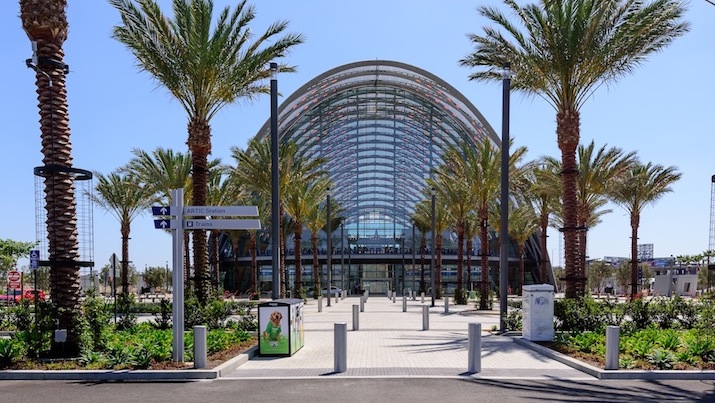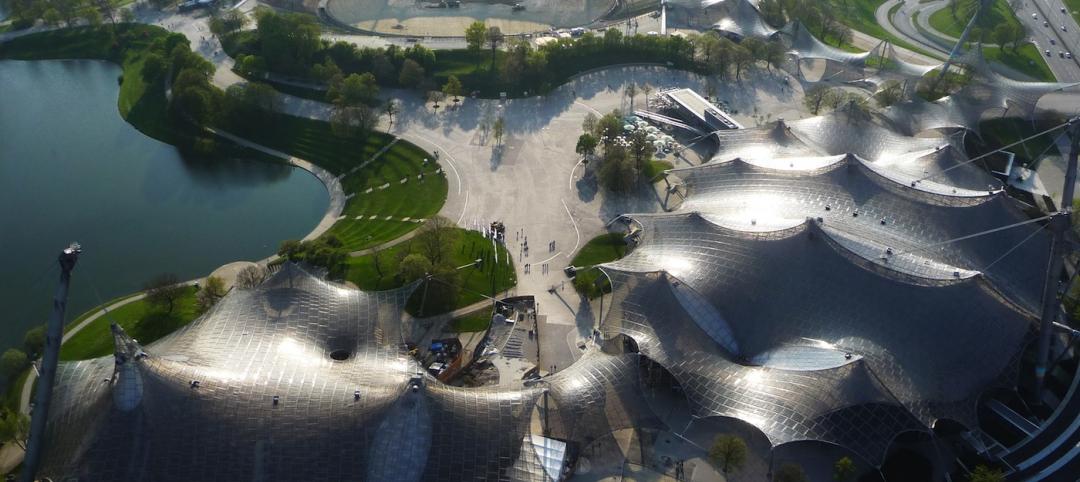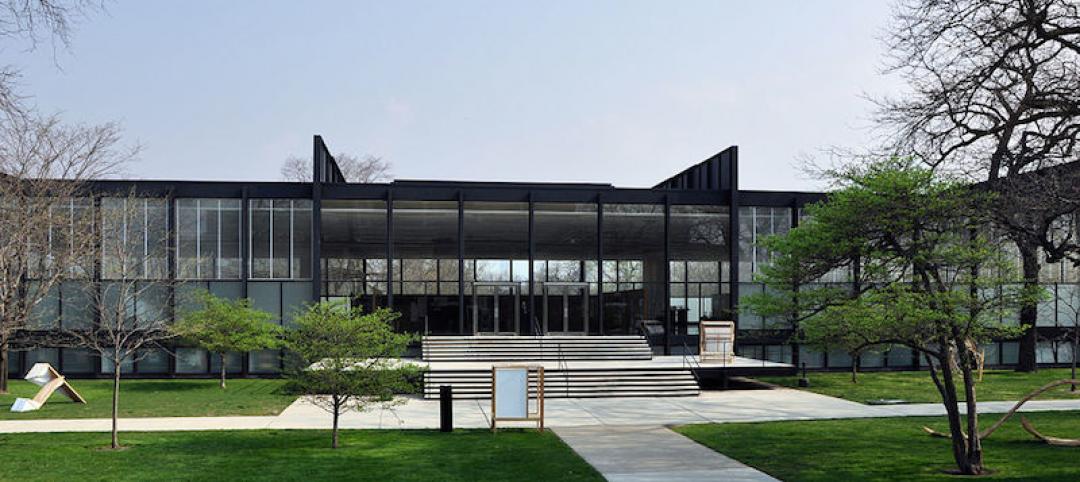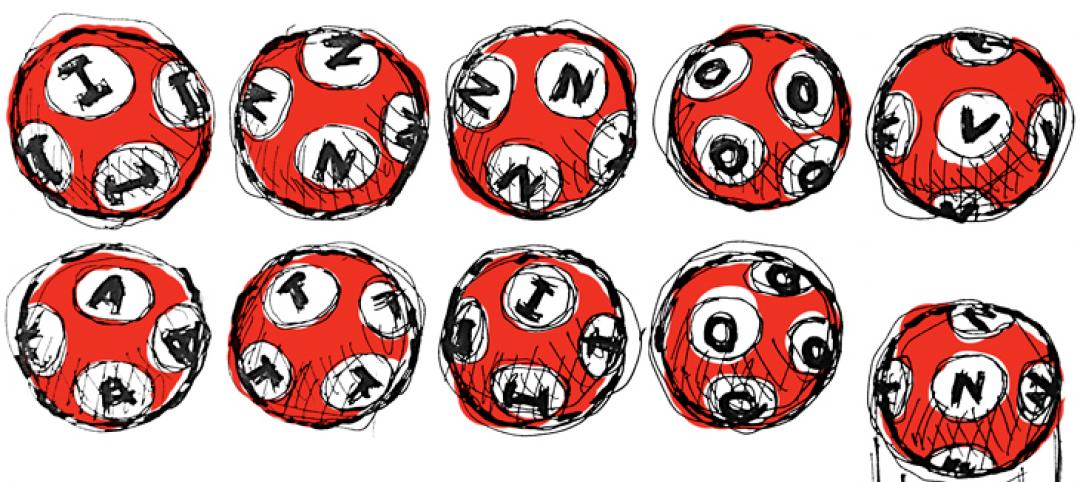HOK, the international architecture, engineering, and planning firm, will promote its President and 25-year company veteran Bill Hellmuth, AIA, to the position of Chief Executive Officer, effective April 19.
Hellmuth, who is the nephew of the firm’s founder George Hellmuth (its initials are an acronym for Hellmuth, Obata & Kassabaum), has been President since 2005. When he steps into the CEO post, he will replace Patrick MacLeamy, FAIA, LEED AP, who has served as HOK’s chief for 13 of the 49 years he’s been with the firm.
MacLeamy will remain as HOK’s chairman. During his HOK career, MacLeamy has overseen the establishment of several HOK regional offices in the U.S. and Asia. He has held leadership roles on several landmark HOK projects, including the Moscone Convention Center in San Francisco and King Khalid International Airport in Riyadh, Saudi Arabia.
In a statement, Hellmuth identified HOK’s “sweet spot” as “the intersection of design excellence and thought leadership, combining design leadership with expertise in specific markets and building types around the world.”
HOK has 1,800 employees (it is 100% employee owned) in 24 offices worldwide. It has current projects in 75 countries.
Hellmuth has a total of 37 years experience in the architecture industry, including a stint with Skidmore, Owings and Merrill. He joined HOK’s St. Louis office in 1991, and two years later was promoted to lead HOK’s Washington, D.C. office. He joined the firm’s executive committee in 2004.
A strong advocate for sustainable design, Hellmuth began integrating sustainability into every project before LEED certification became a benchmark. In 2014 he was named Senior Fellow of the Design Futures Council, and a GSA Design Excellence Peer.
Related Stories
Sports and Recreational Facilities | Mar 11, 2015
Foster + Partners wins bid for 2022 World Cup centerpiece stadium in Qatar
Norman Foster described the design as “an exciting step forward in stadium design—it will be the first to break the mold of the free-standing suburban concept, and instead anticipates the grid of this future city.”
Architects | Mar 10, 2015
German architect Frei Otto named 2015 Pritzker Architecture Prize laureate
The news comes a day after the visionary architect, 89, died in his native Germany.
Modular Building | Mar 10, 2015
Must see: 57-story modular skyscraper was completed in 19 days
After erecting the mega prefab tower in Changsha, China, modular builder BSB stated, “three floors in a day is China’s new normal.”
Sponsored | Metals | Mar 10, 2015
Metal Building Systems: A Rising Star in the Market
A new report by the Metal Building Manufacturer's Association explains the entity's efforts in refining and extending metal building systems as a construction choice.
Retail Centers | Mar 10, 2015
Retrofit projects give dying malls new purpose
Approximately one-third of the country’s 1,200 enclosed malls are dead or dying. The good news is that a sizable portion of that building stock is being repurposed.
Retail Centers | Mar 10, 2015
Orlando's Skyscraper to be world's tallest roller coaster
The Skyscraper is expected to begin construction later this year, and open in 2016. It will stand at 570 feet.
Museums | Mar 9, 2015
Architecture based on astronomy principles for new planetarium in Shanghai
The ancient Chinese civilization left some of the earliest records of humans studying the stars and skies. To exhibit this long history, a new planetarium and astronomy museum is planned for construction in Shanghai.
Architects | Mar 9, 2015
Study explores why high ceilings are popular
High ceilings give us a sense of freedom, new research finds
Cultural Facilities | Mar 9, 2015
London council nixes plans to rebuild the Crystal Palace
Plans for the new Crystal Palace Park were scrapped when the city and the project's developer could come to an agreement before the 16-month exclusivity contract expired.
Office Buildings | Mar 7, 2015
Chance encounters in workplace design: The winning ticket to the innovation lottery?
The logic behind the push to cultivate chance encounters supposes that innovation is akin to a lottery. But do chance encounters reliably and consistently yield anything of substance?

















